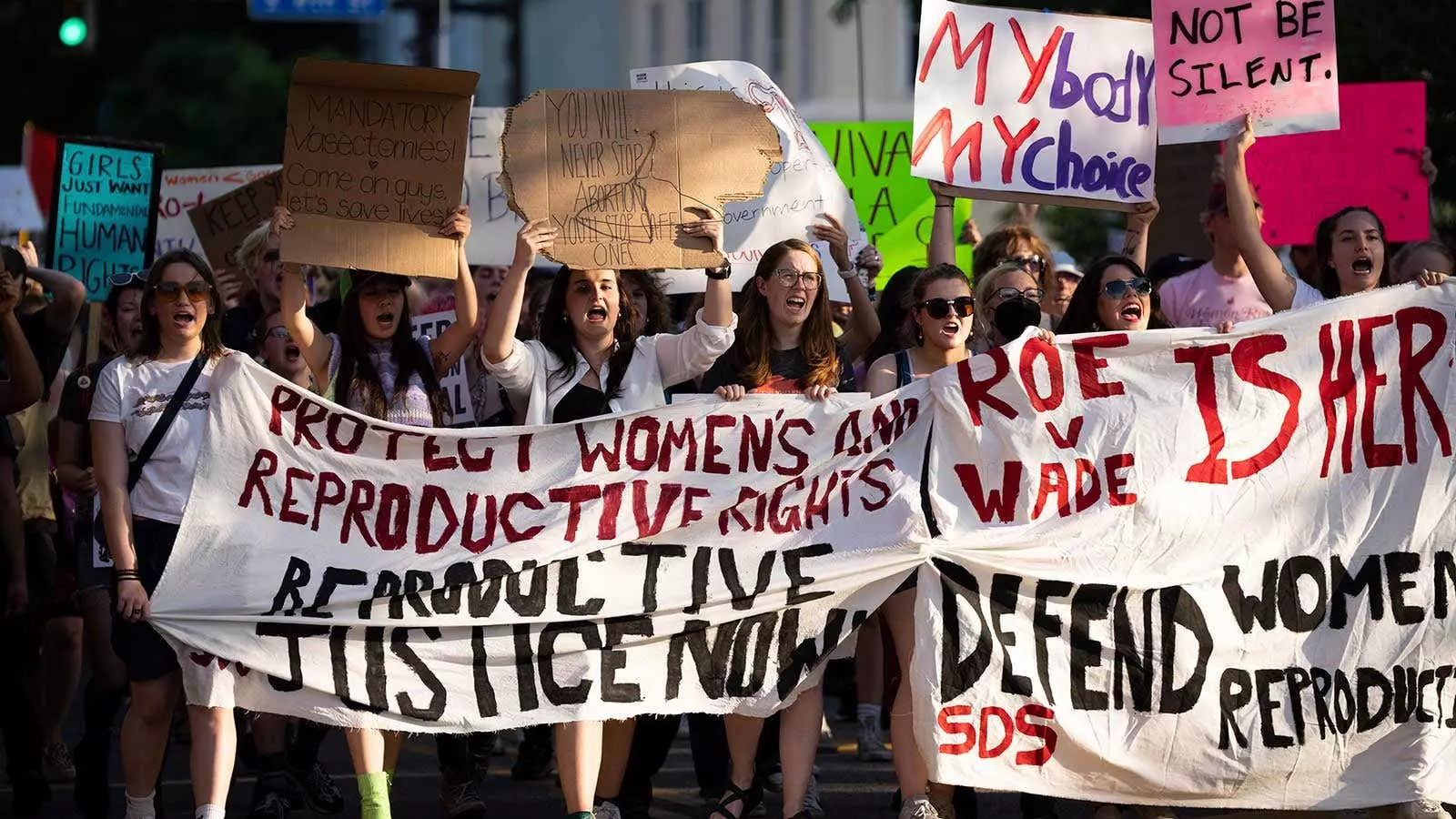The recent ruling by the Minnesota Court of Appeals shed light on the ethical considerations surrounding pharmacists and their responsibilities when it comes to providing emergency contraceptives. The case involving pharmacist George Badeaux, who refused to fill a prescription for emergency contraception based on personal beliefs, sparked a debate on discrimination in healthcare practices. The three-judge panel’s decision highlighted the importance of upholding ethical standards in the medical field and ensuring access to essential reproductive healthcare for all individuals.
The ruling deemed Badeaux’s actions as discriminatory under Minnesota’s Human Rights Act, stating that his refusal to dispense emergency contraception constituted as sex discrimination. This landmark decision may have significant implications for future cases involving pharmacists and their refusal to provide certain medications based on personal beliefs. While Badeaux’s attorney, Rory Gray, argued for his client’s constitutional right to act in accordance with his religious beliefs, the court maintained that healthcare providers must prioritize patient care and access to essential medications.
The case brought to light the ongoing debate surrounding reproductive rights and access to contraception in the United States. The legal battle between Andrea Anderson, the customer seeking emergency contraception, and pharmacist George Badeaux underscored the need for clear guidelines within the healthcare industry. Advocacy organizations such as Gender Justice have emphasized the importance of ensuring that individuals have access to crucial reproductive healthcare services without facing discrimination or judgment.
The role of pharmacists in providing essential healthcare services has become a topic of contentious debate in recent years. While pharmacists have the right to exercise their personal beliefs, they also have a professional responsibility to prioritize patient care and well-being. The court’s ruling on the Badeaux case highlighted the fine line between personal convictions and professional obligations, raising questions about the extent to which healthcare providers can refuse certain services based on moral or religious grounds.
In a broader context, the case in Minnesota reflects the evolving legislative landscape surrounding reproductive rights and access to healthcare in the United States. With the U.S. Supreme Court’s decision to end constitutional protections for abortion, states have taken varying approaches to emergency contraception and birth control. Some states have expanded access to these essential medications, while others have imposed restrictions and enacted abortion bans, leading to disparities in healthcare services across the country.
The ruling by the Minnesota Court of Appeals has sparked a crucial conversation about the ethical responsibilities of healthcare providers, particularly pharmacists, in ensuring access to essential medications such as emergency contraceptives. The case involving pharmacist George Badeaux and customer Andrea Anderson serves as a poignant reminder of the importance of upholding patient care and prioritizing access to reproductive healthcare services for all individuals. As the debate on reproductive rights continues to evolve, it is essential for healthcare providers to navigate the delicate balance between personal beliefs and professional obligations in order to best serve their patients and uphold ethical standards in the medical field.



Leave a Reply